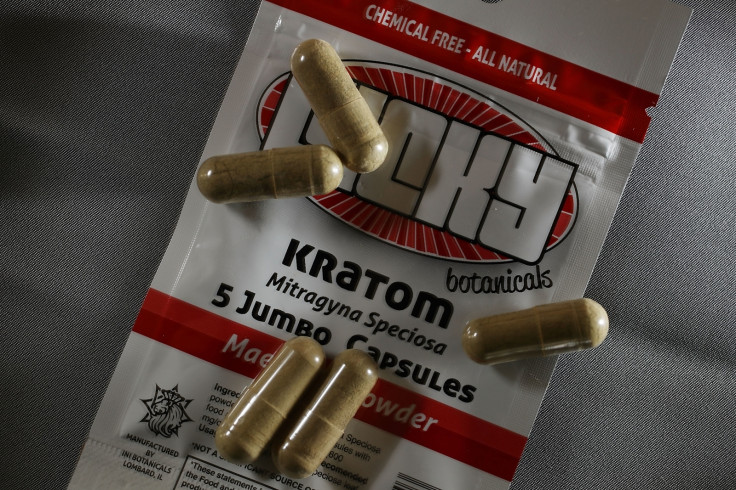What is kratom? FDA warns against drug which users claim can help treat opiate addiction
The use of the drug derived from a plant has risen in recent years
To some kratom is a harmless, khaki green legal high and a lifeline for those weaning themselves off opiates. But to others, including members of the US government, the 36 deaths that is has been linked to are proof that it that must be cracked down on.
In the latest chapter in the saga that may end in the outlawing of kratom, Scott Gottlieb, the commissioner of the Food and Drug Administration, issued a public health advisory on Wednesday against it. He stated that it had been linked to 36 fatalities, and warned of the "deadly risks" adding that it had been associated with seizures, liver damage and withdrawal symptoms.
Known as mitragyna speciosa, kratom is a plant that grows naturally in Thailand, Malaysia, Indonesia and Papua New Guinea, and is currently legally on sale in shops and online in the US. It is often marketed as a "natural" treatment for pain, anxiety and depression - conditions that Gottlieb stressed "require proper diagnosis and oversight from a licensed healthcare provider".
After it is extracted from the plant, kratom is typically brewed in tea, chewed, smoke or taken as a powder in capsules. In small doses it creates a coffee-like high, but delivers feelings of euphoria and relaxation in larger doses by tapping into the same parts of the brain as opioids.
"Patients addicted to opioids are using kratom without dependable instructions for use and more importantly, without consultation with a licensed healthcare provider about the product's dangers, potential side effects or interactions with other drugs," he wrote.
In the summer of 2016, the Centre for Disease Control noted that kratom use appears to be increasing, and highlighted that it is on its Drugs of Concern list of substances not regulated against but that may pose a risk to users. Between 2010 and 2015, calls to US poison centres about kratom rose from 26 to 263, but it's not clear if that is because it is being used more widely. The majority of those cases experienced minor symptoms. One death was reported in a person who had mixed kratom with antidepressants, an an anticonvulsant.

But groups like the American Kratom Association claim that it is as harmless as the common kitchen spice nutmeg, and is a useful tool for tackling the US opioid crisis. In March 2017, the American Kratom Association (AKA) lead a petition urging the Drug Enforcement Administration (DEA) and the Food Drug Administration (FDA) not to make kratom illegal. And in 2016, dozens of members of Congress halted a ban on kratom.
"Unlike some legal substances - nicotine and alcohol - kratom has never been the principal cause of a death," Rosalind Stone, the co-director of the DrugsAnd.Me science-based harm reduction website tells IBTimes UK. "Indeed, it is used as a natural alternative to pharmaceuticals to manage a wide range of physical and mental health conditions. Due to its anxiolytic (anti-anxiety) and analgesic (pain relieving) properties, it can mitigate all manner of conditions."
"Due to its painkilling and anti-anxiety properties, it can mimic the effects of opiate painkillers in such a way that it satisfies the needs of many people who are addicted to opiates, and thus functions as a viable alternative medication which allows them to overcome their opiate addiction," Stone says.
On a Reddit forum dedicated to kratom, its users have mixed views. While some hail it for saving them from addiction to drugs, as well as alcohol, others see it as a short-term solution which creates its own problems. "It's been a great ride, but it's time for me to exchange the kratom crutch for one that is less habit forming," wrote one user.
Walter Prozialeck, chairman of the pharmacology department at Midwestern University Chicago College of Osteopathic Medicine, told USA Today that users and advocates were "dismayed" by DEA plans to class it as a Schedule 1 substances, alongside LSD and heroin "despite anecdotal and scientific evidence indicating kratom could be an effective opioid alternative".
Prozialeck, who co-authored a study on kratom in the Journal of the American Osteopathic Association added: "Overwhelming evidence indicates kratom is far less dangerous than classic opioids."
Others fear that a ban on kratom will make it harder to conduct scientific research into a drug that could help curb the opioid crisis, which was recently declared public health emergency.







